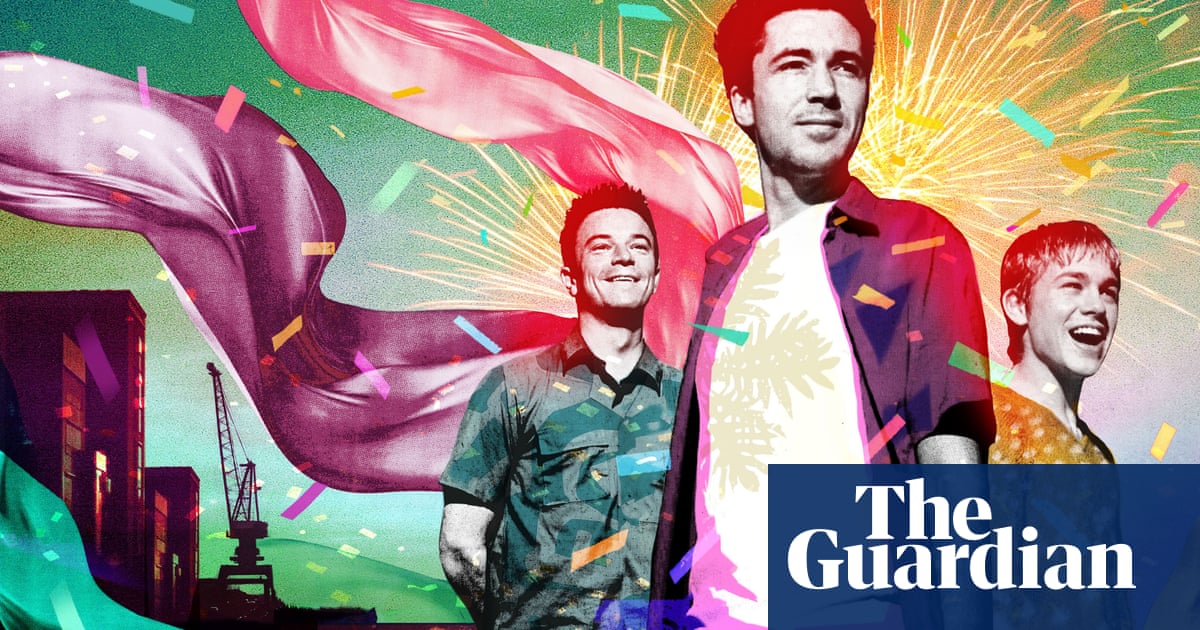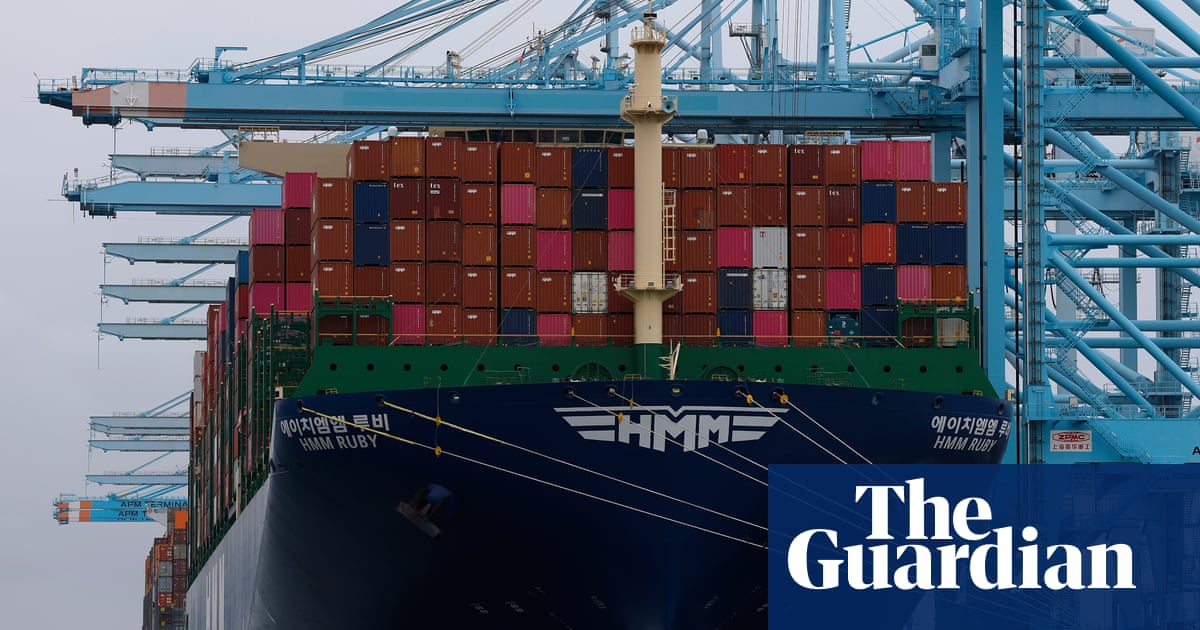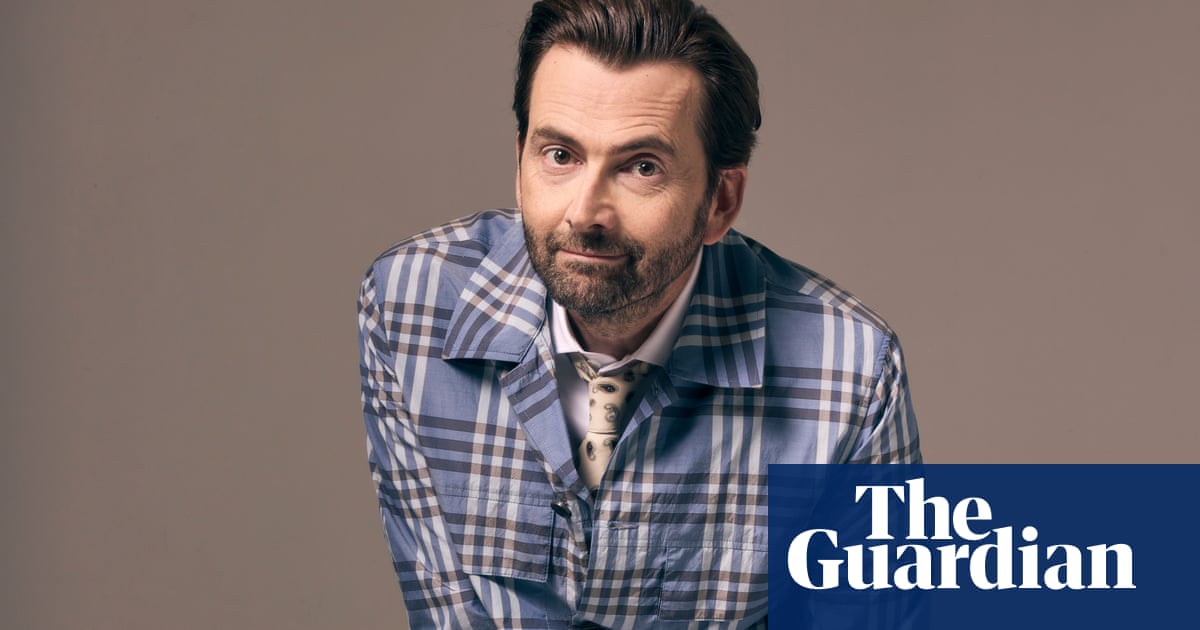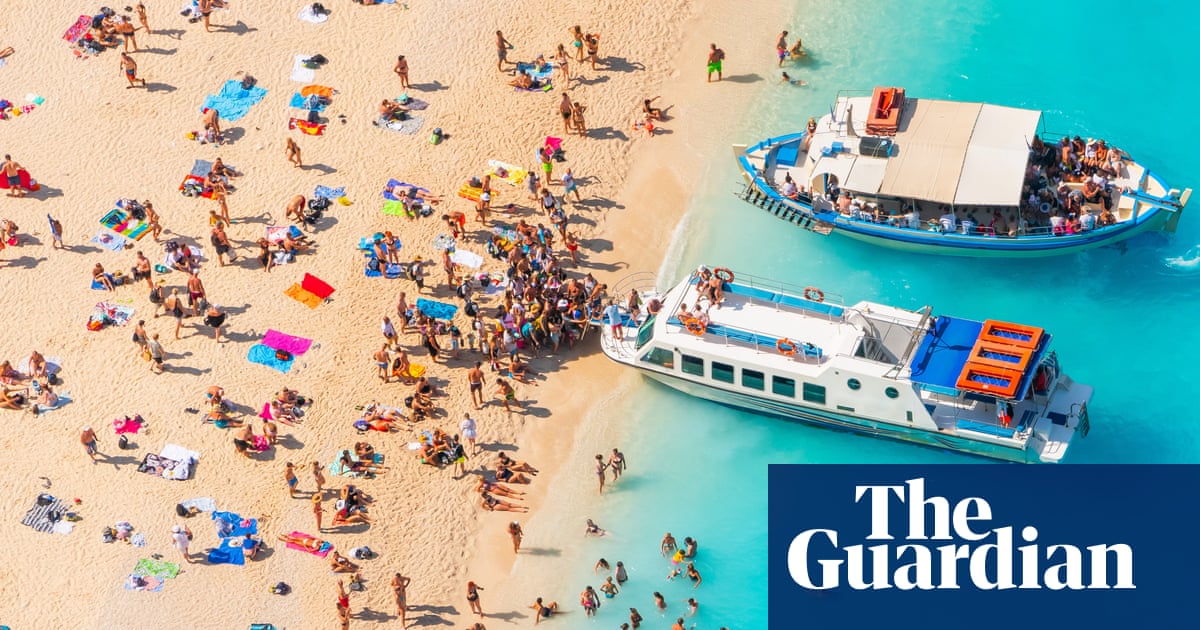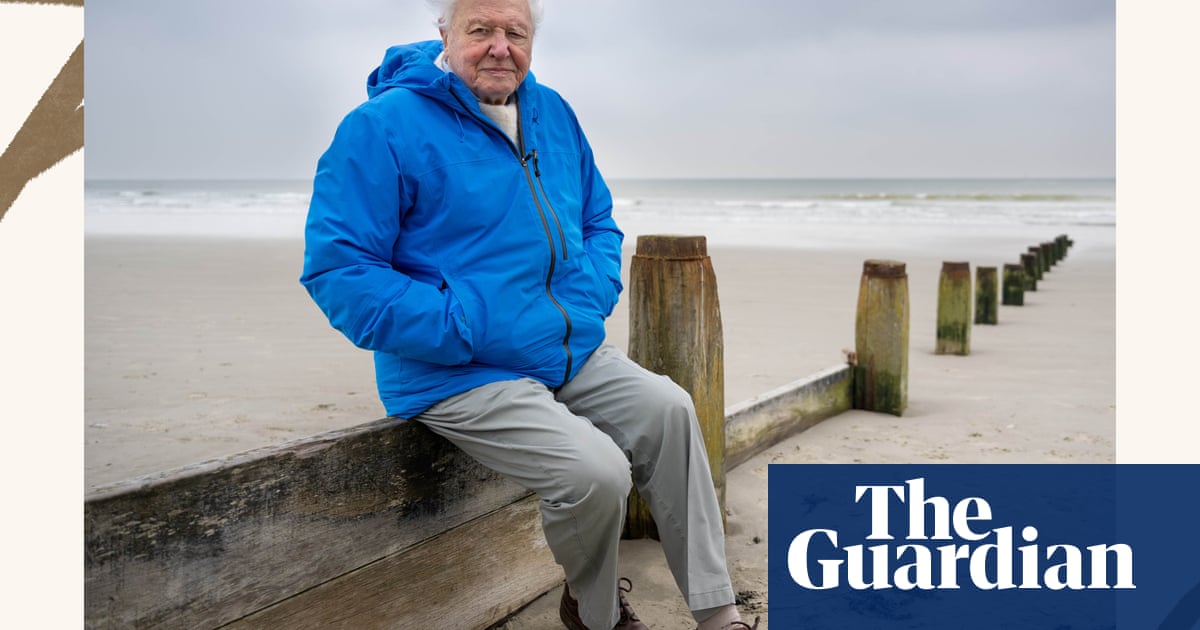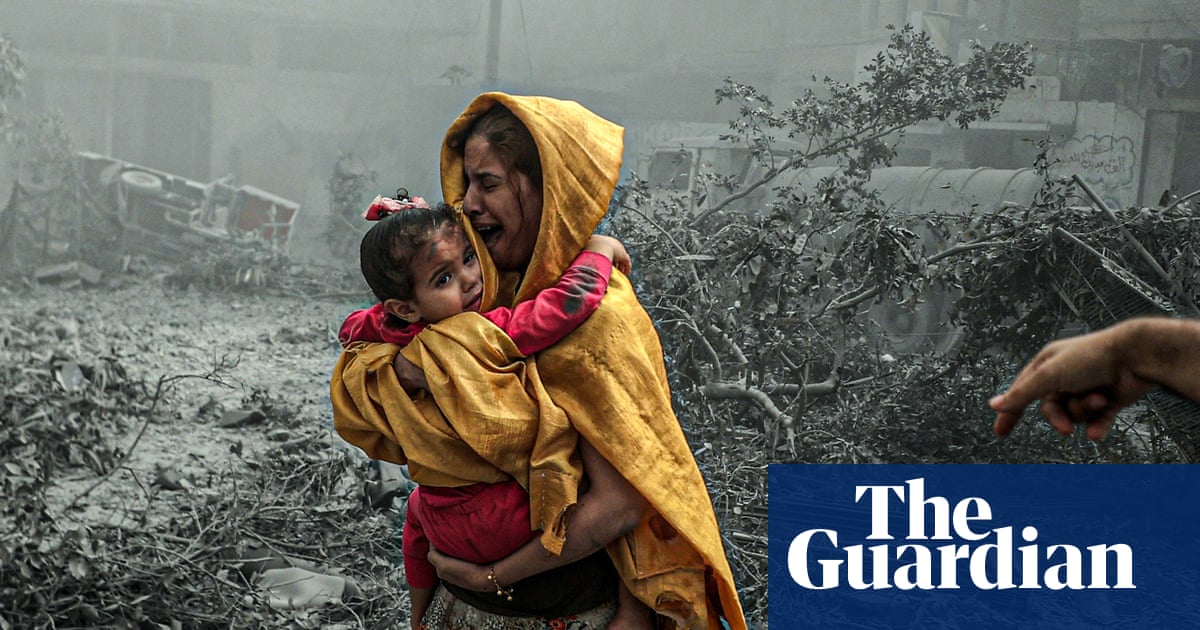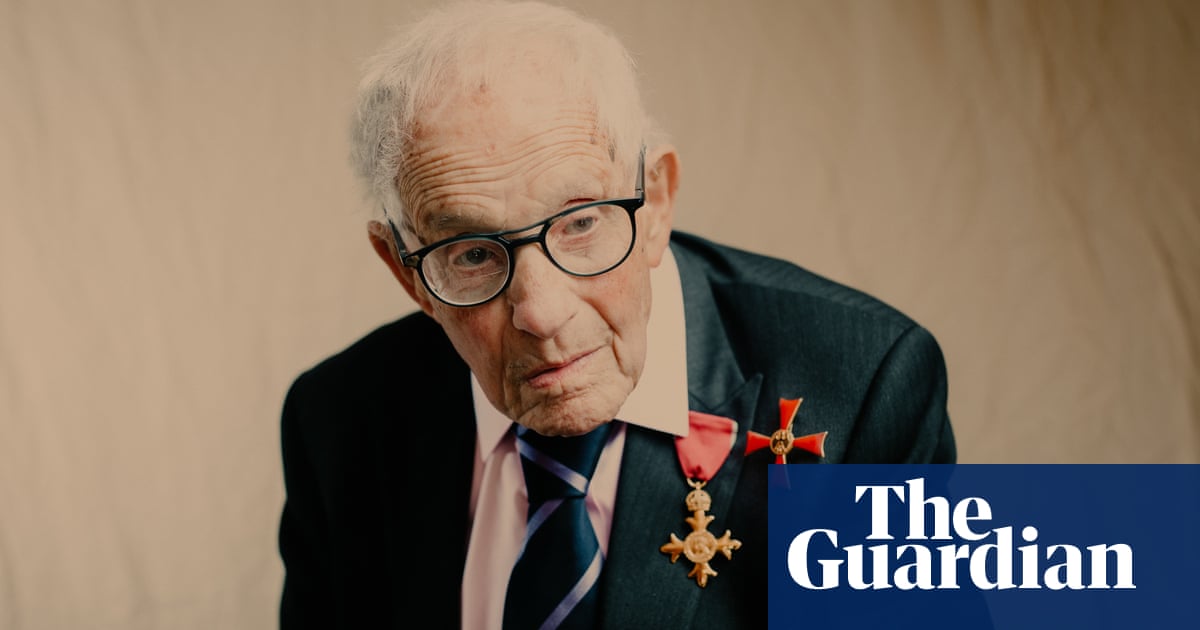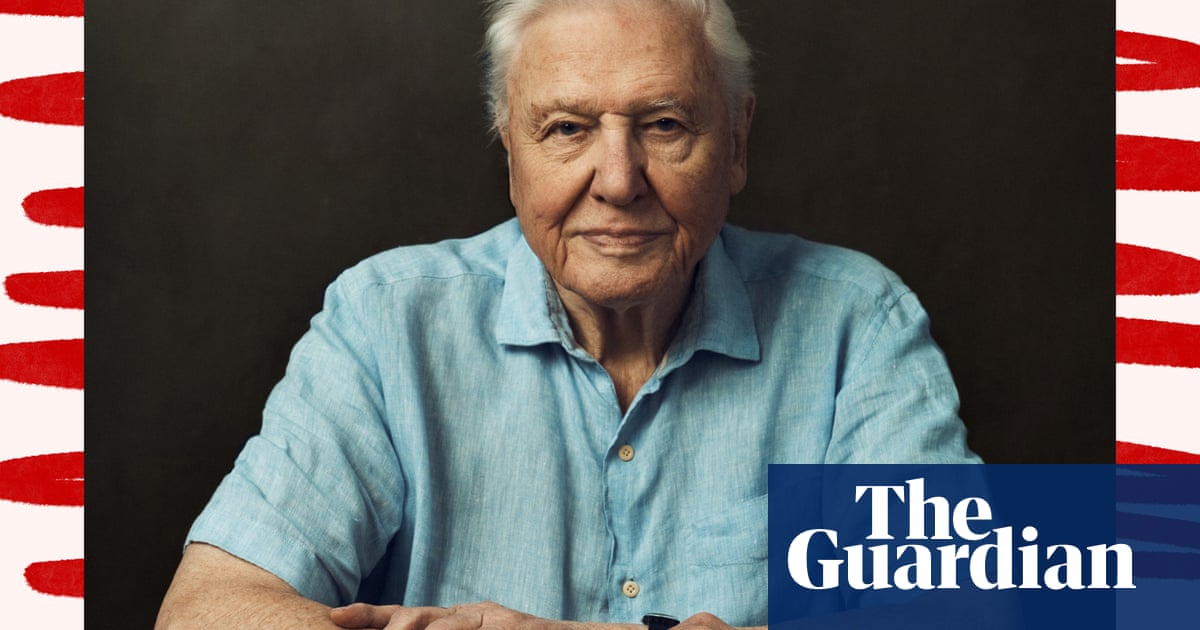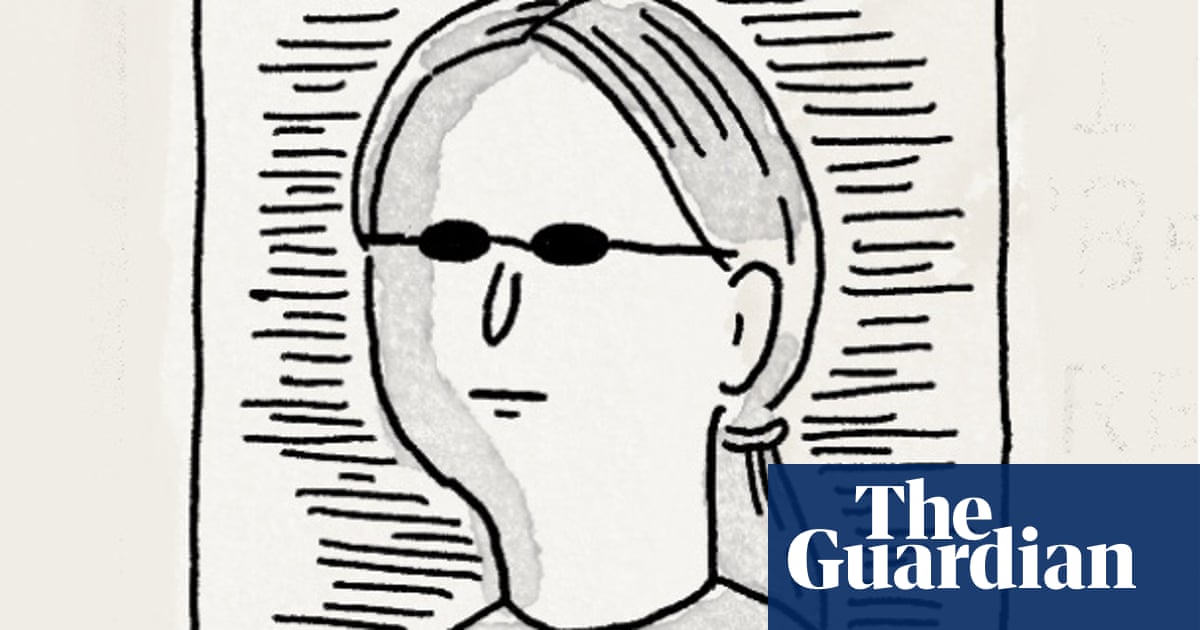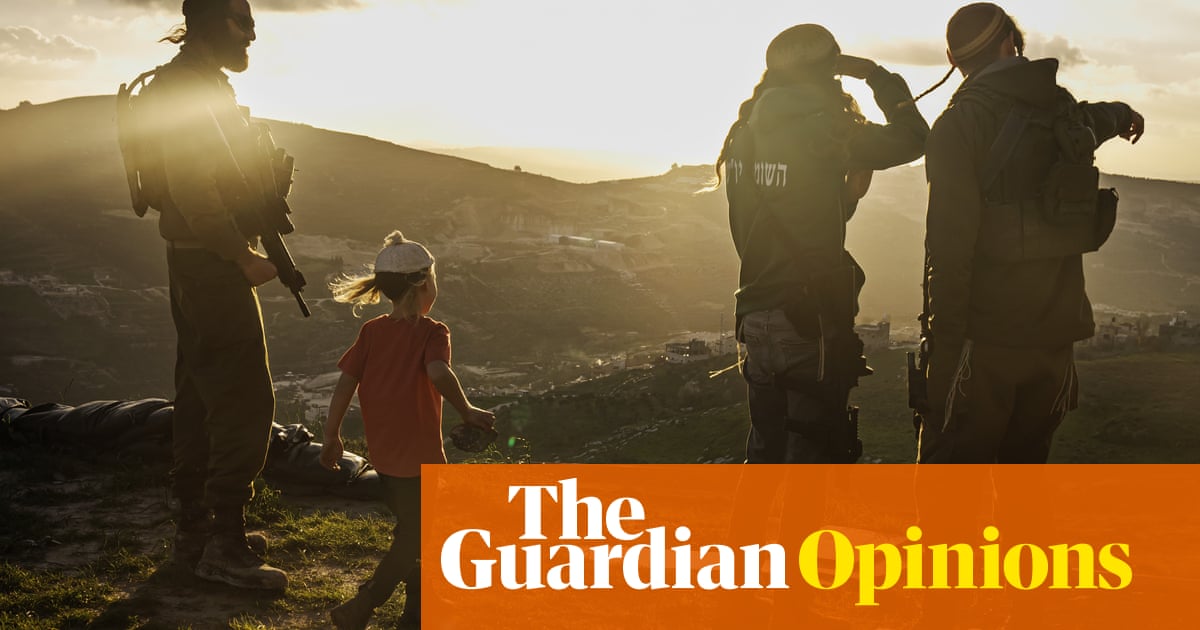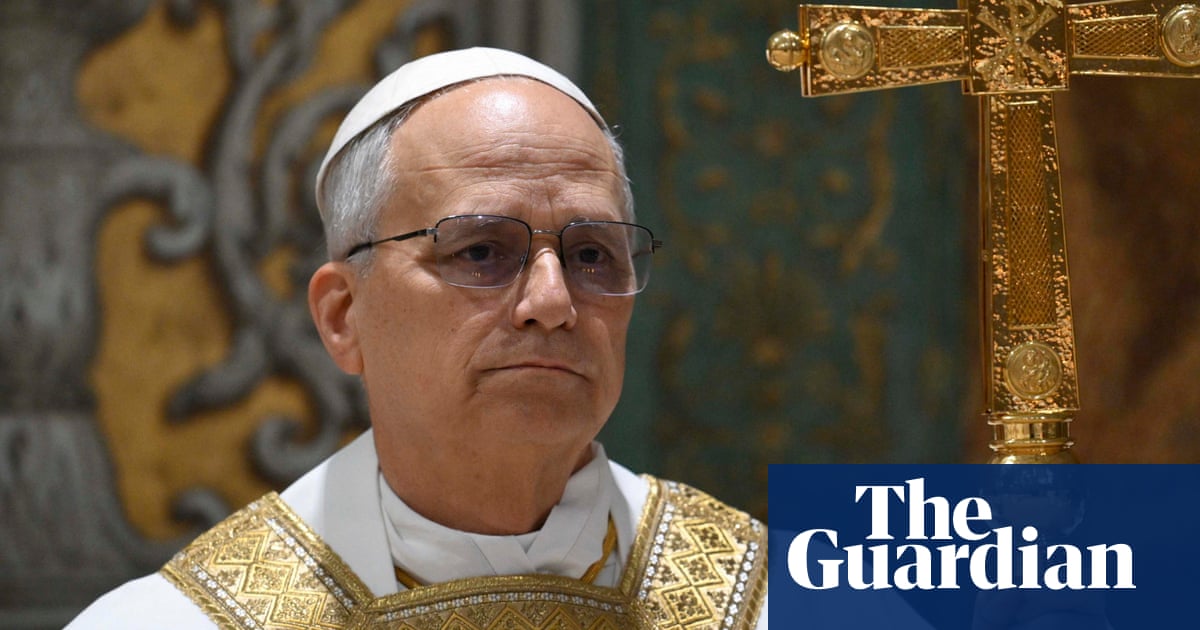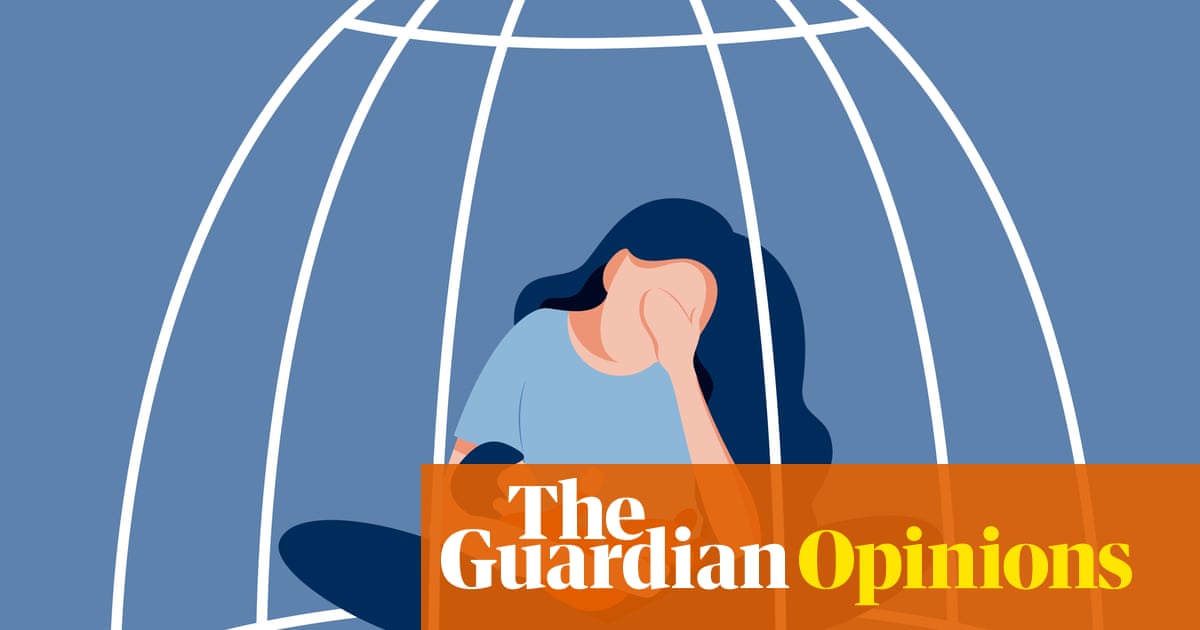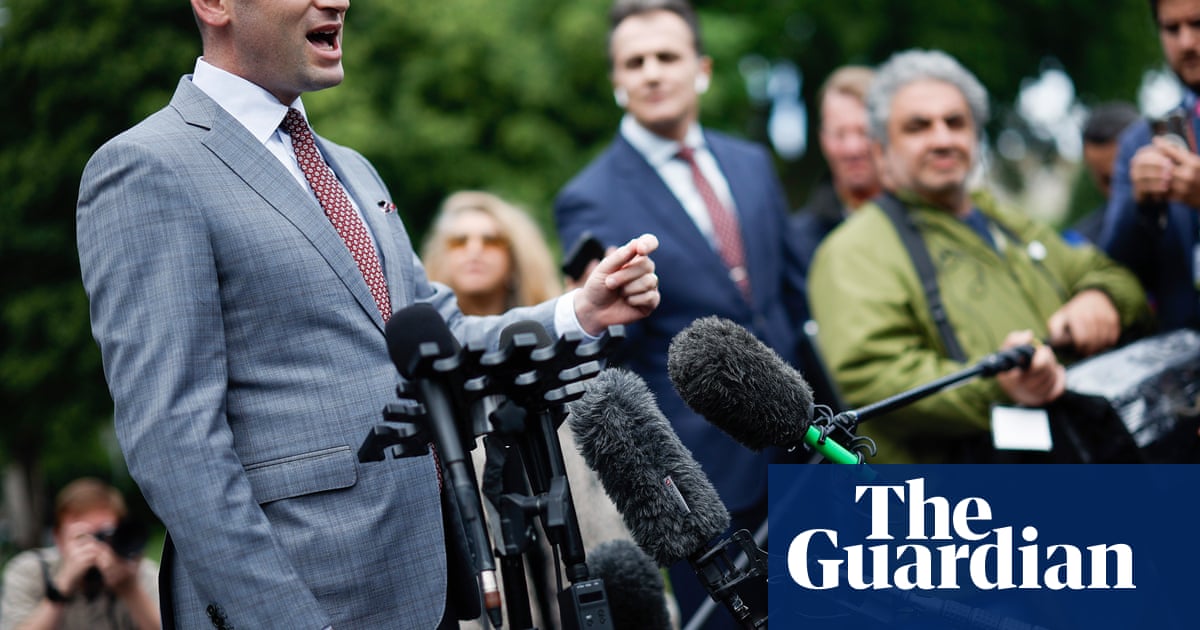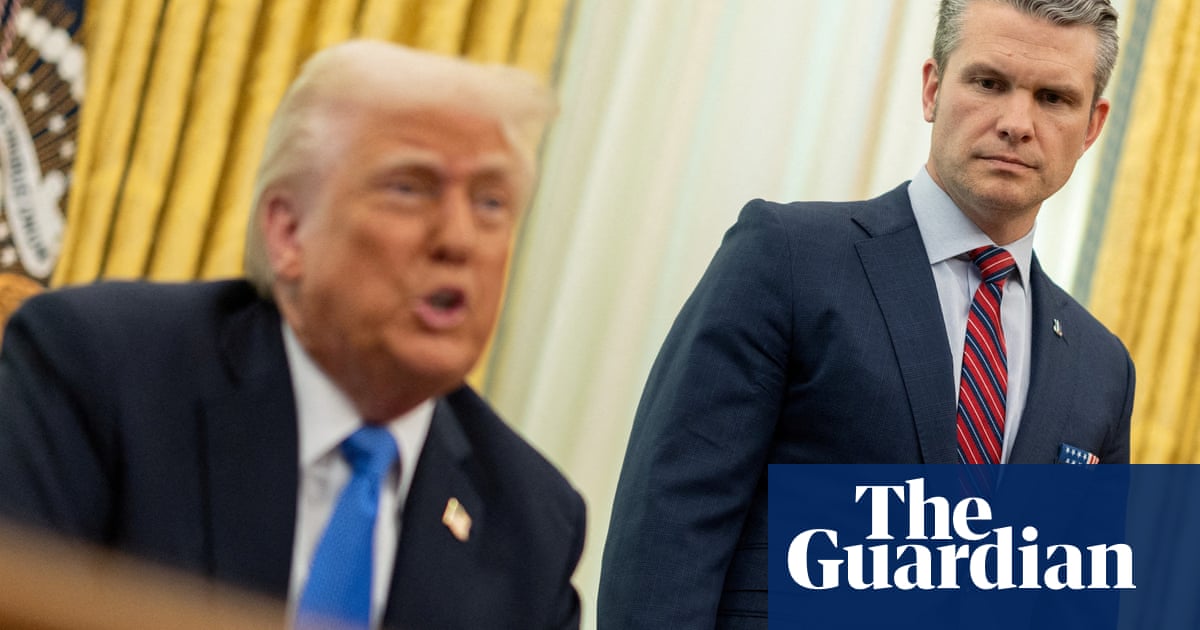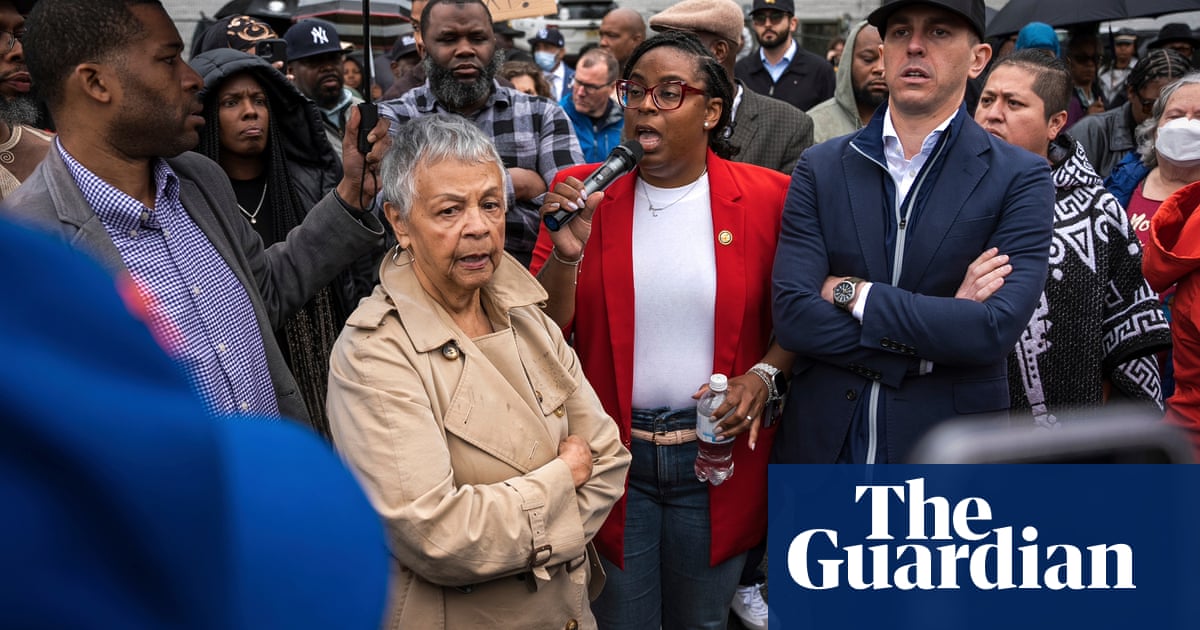Georgian police have arrested two opposition leaders during a street protest against the ruling party, which has been accused of democratic backsliding and of moving Tbilisi closer to Russia.
The Black Sea nation has been rocked by daily mass protests since the Georgian Dream party claimed victory in October parliamentary elections whose results the opposition rejected as falsified.
The prime minister Irakli Kobakhidze’s announcement on 28 November that his cabinet would not pursue the opening of EU membership talks with Brussels until 2028 further fuelled the demonstrations.
On Sunday police detained the leader of the liberal pro-European Ahali party, Nika Melia, and the former Tbilisi mayor Gigi Ugulava, a prominent opposition figure. Melia and Ugulava had spent years in prison under Georgian Dream’s rule on charges that rights groups have denounced as politically motivated.
The arrests were made as thousands of protesters attempted to block a highway entrance to the capital. Several other people were detained during the protest, with at least one appearing to have been injured.
Before the rally, the interior ministry issued a statement warning protesters that blocking the highway was a criminal offence punishable by up to four years in prison.
In the first wave of protests that began in late November, riot police used teargas and water cannon to disperse the crowds, arresting more than 400 demonstrators, according to the interior ministry.

Georgia’s top human rights official, the ombudsman Levan Ioseliani, and Amnesty International have accused police of torturing those arrested.
Georgian rights activists have denounced what they say is a mounting campaign of intimidation, beatings and arrests against those taking to the streets. Tbilisi’s security forces and judiciary have faced persistent accusations of repression against the ruling party’s opponents.
after newsletter promotion
Accused by Brussels and Washington of democratic backsliding and of steering Tbilisi away from its European path, the Georgian Dream government is facing growing international isolation.
Last Monday Brussels suspended visa-free travel to the EU for Georgian diplomats and officials, citing the adoption of several repressive laws and the “violent repression by Georgian authorities against peaceful protesters, politicians and independent media”.
Last year the US and several European countries imposed sanctions on Georgian officials, pointing to the government’s drift toward Russia and its violent crackdown on protesters and dissent following the disputed election.
Amid the largest anti-government protest movement in its history, Georgia is also grappling with an unprecedented constitutional crisis, as the opposition refuses to enter the newly elected parliament.
The pro-western president, Salome Zourabichvili, has declared the legislature and the government illegitimate.
Her successor, Mikheil Kavelashvili, a ruling party loyalist and far-right politician, was inaugurated on 29 December after a controversial election procedure, but Zourabichvili has said she remains the legitimate leader.
Last month she attended the inauguration of Donald Trump in Washington and was received by her Emmanuel Macron at the Élysée Palace in Paris.

 3 months ago
52
3 months ago
52
